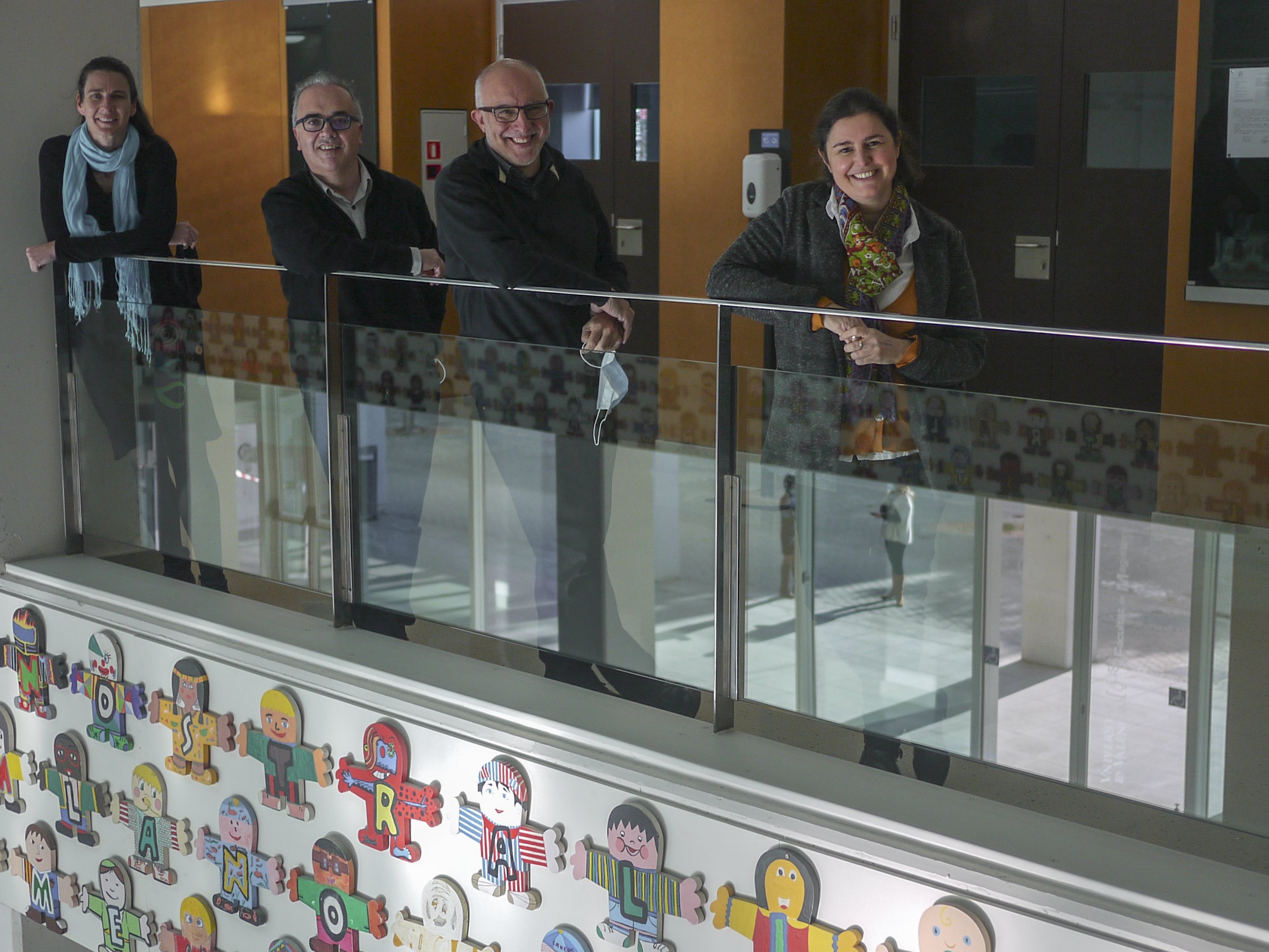Specialists from the University of Valencia, against beliefs about the influence of the moon on agriculture
- Botanical Garden
- February 17th, 2021

Research by the Bothanical Garden and the Department of Experimental and Social Sciences Education reviews more than a hundred documents to analyse the factors that influence plant growth.
A research team from the Bothanical Garden and Department of Experimental and Social Sciences Education of the Faculty of Teacher Training of the University of Valencia warns of the risk of pseudoscience in relation with myths or beliefs about the influence of the moon on agriculture. The findings of this scientific review of more 100 papers (including scientific articles, papers and higher education textbooks) have been published in the journal Agronomy.
The origin of this work is in the classrooms of the Faculty of Teacher Training, where it is repeatedly observed that students of Degrees in Preschool and Primary School Education and the Master’s Degree in Secondary Education Teacher Training, specialising in Physics, Chemistry, Biology and Geology, ‘arrive at the university with beliefs about the relationship between moon phases and crop biology’, explains Professor Olga Mayoral, who is also deputy director of the Bothanical Garden of the University of Valencia. This reality led teachers to consider a broad scientific review, in order to check whether these myths about the moon and plant growth had any scientific basis in biology and agronomy, as well as in physics.
The authors, Olga Mayoral, Jordi Solbes, José Cantó and Tatiana Pina, state that the analysed papers are, above all, scientific articles, but monographs and higher education textbooks have also been studied in detail. They are considered to be consolidated science and are used in the teaching of degrees related to botany, agronomy and physics.
Although the first referenced article on agricultural beliefs linked to the moon was published by Cyril Beeson in the journal Nature in 1946, studies on this subject have continued until as late as 2020. This review aims to collect the most relevant publications, confirming, firstly, that monographs ‘do not establish any relationship between moon and plant growth’ and, secondly, that arguments contained in the articles ‘do not provide any clear scientific evidence to corroborate the influence of the Earth’s satellite on crops’, according the results of the study.
PROMOTING STUDENTS’ CRITICAL THINKING
In the absence of scientific support for the causal relationship between lunar influences - especially tides and luminosity - and plant growth, the authors of this study encourage teachers involved in science education to ‘objectively tackle pseudoscientific ideas on this subject, while promoting critical thinking among students.’
Researchers responsible for this work also warn that some popular traditions related to the influence of the moon on plant physiology have been incorporated into so-called biodynamic agriculture. It is system of agricultural management that avoids use of artificial fertilizers, pesticides and herbicides, such as organic farming, but assumes that cosmic forces and rhythms, including the moon, influence the sowing and harvesting periods.
An important part of the research and literature review was carried out in the various libraries of Harvard University - especially in the excellent library of the Arnold Arboretum of Harvard University - during a research stay of Olga Mayoral and Tatiana Pina in 2019, with co-funding from the Real Colegio Complutense (RCC)-Harvard.
The research team of this scientific review published in Agronomy is part of the Research group in science education and science teacher training (GIUV2013-175) and is framed within two of its research lines: Science teacher training. Proposals for improvement; and Socio-scientific issues and critical thinking in science education.
This study has been developed within the framework of the project Proposal for the improvement of science teacher training based on enquiry and modelling in context (EDU2015-69701-P), financed by the Ministry of Economy, Industry and Competitiveness and the European Union through ERDF funds.
More info:
Mayoral, O.; Solbes, J.; Cantó, J.; Pina, T. What Has Been Thought and Taught on the Lunar Influence on Plants in Agriculture? Perspective from Physics and Biology. Agronomy 2020, 10, 955. DOI
















